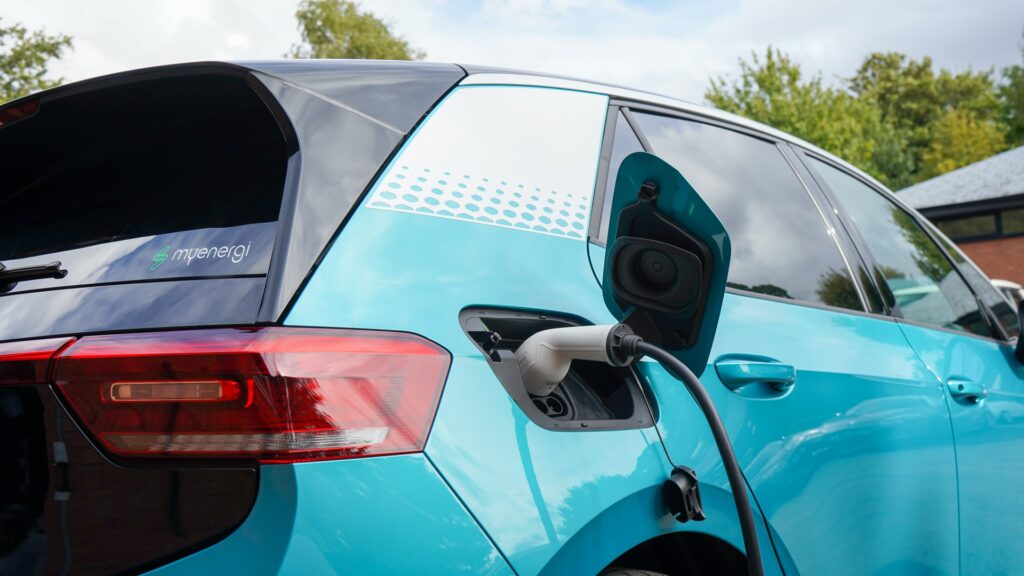If you are trying to decide whether or not you can buy a vehicle as a tax deduction, there are some important pitfalls to avoid. Here’s what you need to know to make a good decision that won’t become a financial mistake.
Business and Personal Tax Considerations

Source: income.com.sg
There are different ways that tax deductions can apply to your business or to your personal taxes. This makes it vital to understand which rules affect you, which ones are in conflict, and which ones could cost you more in the long run.
Employees cannot deduct their business vehicle. If you are being reimbursed for your mileage by work, it is unlikely you can declare your vehicle as a business deduction. In fact, the 2018 tax bill eliminated the ability of employees to deduct unreimbursed employee expenses.
Likewise, if a company counts your vehicle as income, their business is the one who gets the deduction. There are some trickier rules that apply to Partnerships and LLCs regarding unreimbursed vehicle expenses for partners or members.
Are you the owner of a business (single-member LLC) or self-employed? Then you may be eligible to purchase a vehicle as a business tax deduction. Taxes will require you to take the standard mileage deduction or to determine a business-use percentage.
The standard mileage deduction is easier. It’s the mileage you put on the car for business, not including travel to and from an office. The business-use percentage requires you to add all of your expenses and then do some math to determine how much of those expenses are due to work.
The conflict often comes when a business owner purchases a business vehicle, adding it to the business budget. Then on their personal taxes, they also try to take a deduction based on mileage. This would be considered double-dipping and could land you in trouble with the IRS.
The standard mileage deduction allows you to deduct fees and tolls as well as the interest rate on your loan. The business-use percentage goes further. It requires you to maintain records of all of your car expenses. In the end, you will divide total mileage by business mileage. Then that will determine how much of those expenses are tax deductible. The upside of this is that you get to include everything you’ve spent, including gas, insurance, upkeep, and other non negotiable items.
Top Trims and Luxury Models
If you are buying a business vehicle for your work, it may be tempting to buy the highest price vehicle you think your business can afford. Unfortunately, there are limits to how much you can write off on your taxes. A reasonably-priced Lexus RX at your Scottsdale Lexus dealership could probably stay within the depreciation boundaries. However, a high-priced Mercedes-Benz would lose value too quickly, and your tax benefits would be significantly diminished. Clearly the vehicle’s brand and price are additional issues to discuss with an accountant before you make a purchase. You can find more about this topic if you just click on https://www.earnhardtlexus.com/scottsdale-dealership
Electric and Plug-In Hybrid Car Tax Savings

Source: unsplash.com
You may look at the tax deductions offered for some electric vehicles and want to grab the deal. Some are eligible for up to $7,500 in credits while others are eligible for less. Some electric vehicles have already sold enough that they have lost their eligibility.
When shopping, you should already know if the tax deduction can be used on your personal or business taxes. It would be a shame if you purchased the vehicle and then found out that the eligibility criteria were too steep for you to meet.
Buying vs. Leasing
Leasing is essentially more expensive than buying. That’s because it is basically a long-term rental, and you have to turn it in at the end. However, this may actually be a plus if it is a business deduction. You should talk to your accountant about this issue. If you are leasing, the way you file your taxes on the leased vehicle the first year will be how you must do it for the lifetime of the lease.
The benefit of leasing over buying is that your vehicle will be in its warranty period. If you use it only for work, it should easily stay under any mileage limits. You’ll not have to worry about anything other than basic maintenance. On the other hand, a purchase may allow you to deduct the vehicle’s depreciation if you are using the business-use percentage method.
Insurance Considerations

Source: treatsinc.org
If this is a business vehicle, then the liability for a crash would rest with the business. Can you afford this? How will it affect your insurance costs? On the other hand, if this is a vehicle you use for business but own yourself, how much will your insurance need to go up to handle this additional business use?
Ownership Costs
Even if this is strictly a business vehicle, you’ll want to know the ownership costs going into the deal. As you narrow down choices, you can ask your insurance agent to give you quotes for different vehicles. They should be able to do this if you present them with the brand, model and year.
A big factor is fuel economy. Often you have to step up to the second-tier or higher trim level to get the best gas mileage. This may affect which brands you shop if you are looking for the best deal. Furthermore, there are some vehicles that simply have dismal fuel economy regardless of trim level. You’ll want to avoid these.
The fuel economy calculator at the US Department of Energy can help you compare how much vehicles will cost you in gas over five years. Be sure to take into account whether the vehicle requires premium octane or diesel, since both fuels cost more than regular octane gasoline.
Conclusion
It is a wonderful idea to contemplate driving a business-owned vehicle that gives tax benefits. The key is to get authoritative answers before you make your purchase. Getting the maximum benefit legally is definitely worth taking the time to do it right.




